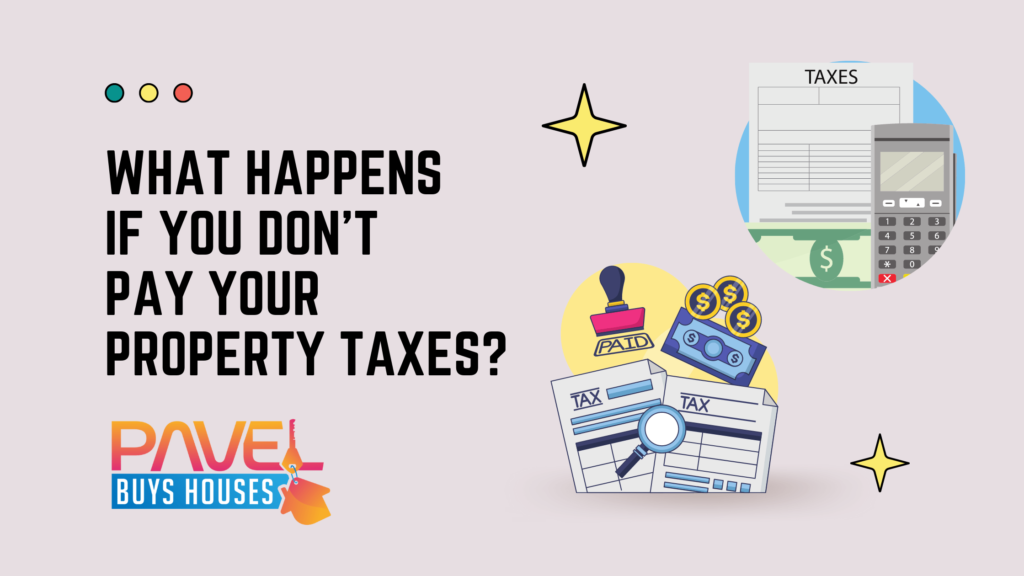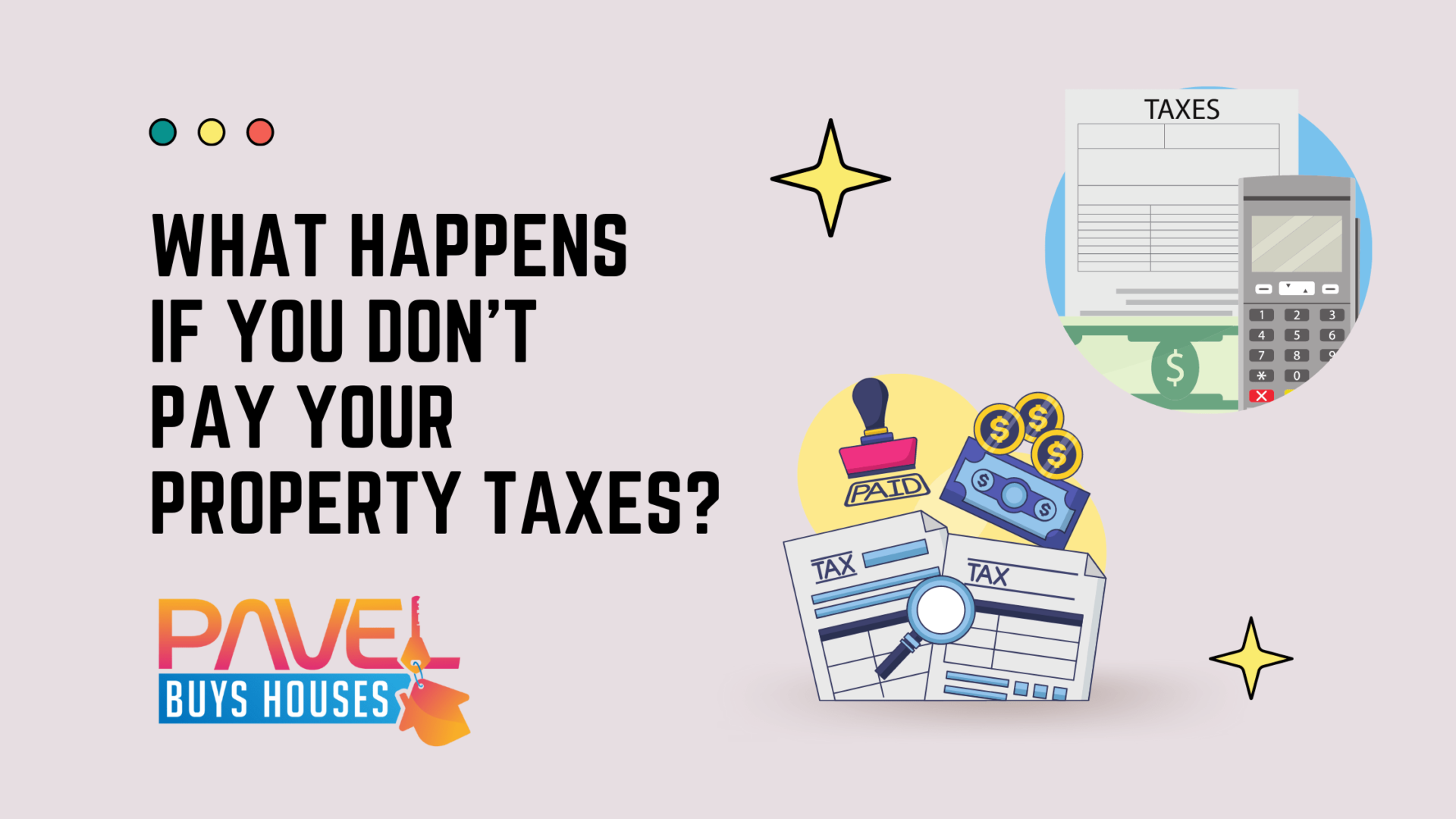
If you own property in Massachusetts, you must pay property taxes on it. The money earned from property taxes covers the cost of schools, roads, public services, and common areas throughout the city.
If you don’t pay your property taxes in Massachusetts, the city or county can leverage a lien on the property. This lien gives the municipality a stake in the claim of your property’s value. You can’t sell the property without satisfying the lien.
Depending on how long your tax lien goes unpaid, you could face a tax sale or tax taking, both of which could put you at risk of losing your home.
What is a Tax Sale in Massachusetts?
If your tax lien goes unpaid long enough, the county can impose a tax sale. In a tax sale, the county sells your home to the highest bidder – or the investor willing to pay your property taxes and take possession of the property.
The purchaser of your tax debt will have limited ownership of your property called ‘tax title.’ This gives them rights to your home, but not the rights to take ownership of it yet; it first must go to the Land of Court and obtain a judgment.
What is a Tax Taking in Massachusetts?
If the city or county doesn’t want to sell the tax debt to a third party, they may take possession of the home themselves. They’d have the same type of ownership as someone buying the property in a tax sale. They’d have ‘tax title.’
The city or county taking the ‘tax title’ can keep possession of it or sell it to a third party to get their money. Either way, neither party can foreclose on the property until they go to the Land Court and obtain a judgment.
Redeeming Your Property Before Foreclosure
In either case, whether tax sale or tax taking in Massachusetts, you have the opportunity to redeem your property.
It’s in your best interest to redeem your property before it gets to the Land Court. If it’s already at the court and foreclosure proceedings were filed, you may be able to redeem the property, but it’s a much more complicated process.
Before the case gets to the Land Court, here’s how to redeem your property.
- Pay the city or county the amount owed (past due taxes plus penalties) if they own the property and haven’t filed foreclosure proceedings yet.
- Pay the third party that bought your past-due taxes if they haven’t filed foreclosure proceedings yet. This will usually include the past due amount plus interest.
If you redeem your taxes, make sure you get proof showing how much you paid and the date you paid it.
If you pay the county, you’ll receive a certificate showing the necessary details. If you pay a third party, you’ll receive a deed of release. No matter what you receive, make sure it’s recorded with the county to prove you redeemed your taxes.
Redeeming your Property After Foreclosure Proceedings
If the county or third party filed for foreclosure, you have a little more work ahead of you if you want to redeem your property.
To redeem your property, you must file an ‘answer’ with the court. In this document, you state that you want to redeem your taxes. You must then attend a court hearing where the judge decides if you can redeem your taxes. If they decide you can, the judge decides how much you owe, the terms, and when the money is due.
To completely close the case, the party that filed for foreclosure must withdraw the case from the courts. Just like if you redeemed your taxes before foreclosure, you must get the releases recorded, whether it’s the certificate from the county or a deed release from a third party.
Make sure to follow up on the situation. The case must be dismissed by the courts. If it remains in the courts, they don’t know that you paid it, and the foreclosure could escalate even though you paid the taxes.
Paying the Past Due Taxes
If you’ve decided to redeem your taxes, you have a couple of options.
The easiest option would be to pay the amount in full. However, if you could afford your taxes, you may not have ended up in this situation in the first place. If that’s the case, you may ask for a payment arrangement. The exact amount you must pay depends on the municipality’s bylaws.
Remember, your payment will include past-due taxes, penalties, and interest as allowed by law. The total amount varies based on the amount of time that has passed and the fees the tax lien holder had to cover while your taxes were unpaid.
We Buy Houses with Past Due Taxes
If you’re not in a position to redeem your taxes, you are at risk of foreclosure. A foreclosure can damage your credit and hurt your chances of securing future credit for seven years. That’s a long time to be punished for something that may have been outside of your control.
Instead, let us buy your house for cash. You don’t have to deal with lenders, real estate agents, or anyone else trying to get into your business. We buy houses fast – usually within 7 – 10 days. This gets you out of the past-due tax status and prevents extensive damage to your credit score.
At Pavel Buys Houses, our cash offers are based on the latest fair market value and are comparable to what others in the area get for their home. The difference is you don’t have to deal with inspections, appraisals, or other factors that could hinder the sale of your home and leave you at risk of tax foreclosure.
Contact us today for your free, no-obligation consultation with one of our real estate experts!

